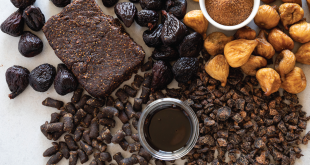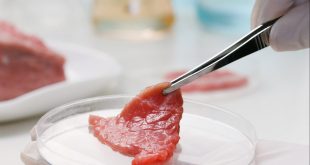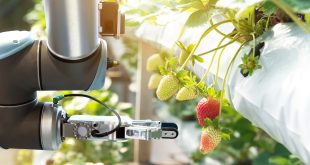 Mother Parkers Tea & Coffee has been packing tea and roasting coffee for more than 100 years. The family-owned private label is the fourth-largest coffee roaster in North America behind Folgers, Maxwell House and Starbucks. The company supplies virtually every retailer in North America, from Loblaws and Walmart, to Tim Hortons, McDonald’s and Dunkin’ Donuts.
Mother Parkers Tea & Coffee has been packing tea and roasting coffee for more than 100 years. The family-owned private label is the fourth-largest coffee roaster in North America behind Folgers, Maxwell House and Starbucks. The company supplies virtually every retailer in North America, from Loblaws and Walmart, to Tim Hortons, McDonald’s and Dunkin’ Donuts.
“Throughout the history of Mother Parkers there has been a very real recognition of their fortunes being based on the productivity at origin and a sense of familial responsibility to those people,” says Director of Product Development and Sustainability, John Snell. “Our belief is that sustainable sourcing should be the cost of doing business. This should not be a category marketing tool.”
Water plays a key role in the coffee production process. In some coffee-producing countries, a wet milling process is used to separate the flesh of the coffee cherry from the green beans that are eventually exported to be roasted and packaged. The wet milling process in turn produces the byproduct of water that is microloaded with biological matter. When this water is flushed into local rivers and streams, it produces a strong odour and can have harmful effects on both livestock and humans.
“In third world countries, sewage management is not good and therefore there is already a high microloading within many rivers and streams,” says Snell. “The coffee industry definitely exacerbates that.”
In response to its own sense of social responsibility and calls from clients for a sustainable product, Mother Parkers created the non-profit Water Wise Coffee program more than three years ago. Since then, Water Wise Coffee has focused on reducing the amount of organic waste the wet milling process produces. To that end they have partnered with TechnoServe, a non-profit organization that develops business solutions to poverty, to implement vetiver grass filtering systems in coffee producing regions around the world.
“[Vetiver] is a deep-rooted grass that can screen out small particulate matter from water that passes through its root system,” Snell says. “It had been used specifically in the mining industry in Australia to filter out heavy metals and other impurities from tailing ponds. TechnoServe had taken this use and applied that to the coffee industry, with a great deal of success.”
Water Wise Coffee has focused its efforts on the coffee-producing Sidama region of Ethiopia because of its rudimentary coffee industry, dense population and reliance on local water sources affected by the wet milling process. Although Mother Parkers sources only a small per cent of coffee beans from Ethiopia – less than two per cent – the company felt it could make a significant contribution there.
“We have a goal to clean up the whole of the Sidama region and the Kola River [in the Aletawando district], and that means that currently we have 18 mills with vetiver wetlands and there are close to 200 mills that need doing,” Snell says. “This is a 10-year project.”
Snell says that by planting the vetiver grass downstream from the coffee mills, microactivity in the water will be reduced by about 80 per cent. Farmers in the region are already reporting that the health of their livestock has improved.
Mother Parkers plans to expand the Water Wise program and begin work in other regions. It is currently looking to establish a program in the Dry Corridor of Honduras, in partnership with various NGOs and the Canadian government. Vetiver grass may not figure into those future plans, but as Snell says, “Water Wise is a catchall for water-focused activities at origin with a view to reducing the use and cleaning the effluen
 Canadian Food Business
Canadian Food Business




